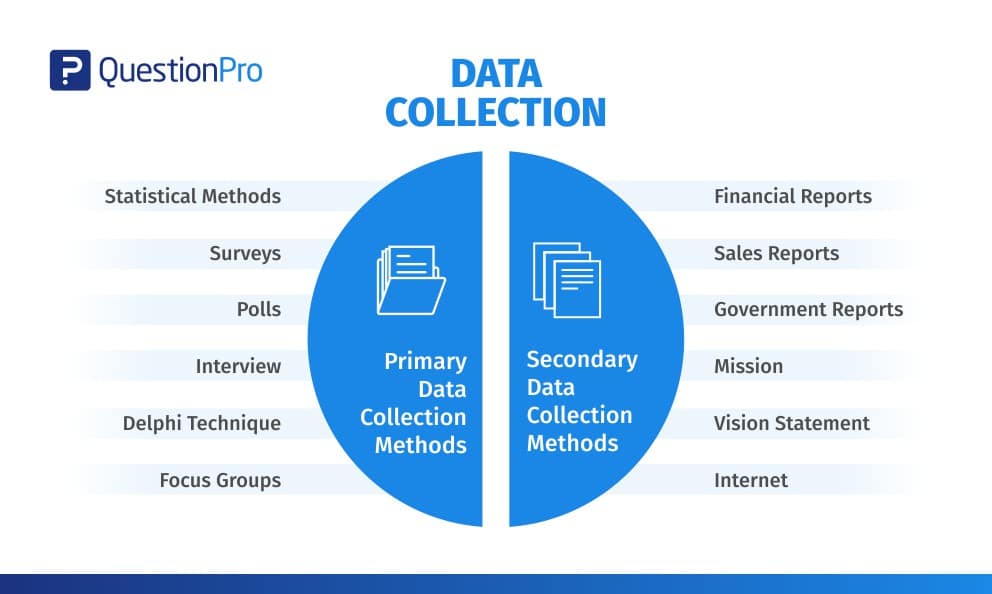
The Dark Side of Personalization: How Cookies and Data Collection Are Changing the Web
In today’s digital age, it’s no secret that our online activities are being tracked and monitored by various entities. From social media platforms to search engines, our personal data is being collected and used to create personalized experiences. But have you ever stopped to think about the implications of this practice? In this article, we’ll delve into the world of cookies and data collection, and explore the darker side of personalization.
The Cookie Conundrum
Cookies are small text files that are stored on our devices by websites we visit. They’re used to remember our preferences, login information, and other data that helps websites tailor their content to our needs. But cookies can also be used to track our browsing habits, location, and other personal data. This information can be used to create targeted advertisements, which can be both convenient and creepy.
 Cookies and milk, a classic combination, but what about cookies and data collection?
Cookies and milk, a classic combination, but what about cookies and data collection?
The Yahoo Example
Yahoo, a well-known internet company, is part of the Yahoo brand family. They operate various websites and apps, including Yahoo and AOL, as well as their digital advertising service, Yahoo Advertising. But what’s interesting is how they use cookies and data collection to personalize their services.
According to their website, Yahoo uses cookies to provide their services, authenticate users, apply security measures, and prevent spam and abuse. They also use cookies to measure their website usage and tailor their advertising and content to users’ interests.
The Yahoo logo, a familiar sight on the internet
The Dark Side of Personalization
While personalization can be convenient, it also raises concerns about privacy and data protection. When we accept cookies and data collection, we’re essentially giving companies like Yahoo permission to access our personal data. This data can be used to create detailed profiles of our online activities, which can be used for targeted advertising and other purposes.
 Data collection, a necessary evil or a threat to our privacy?
Data collection, a necessary evil or a threat to our privacy?
Conclusion
In conclusion, the use of cookies and data collection is a complex issue that raises important questions about privacy and personalization. While it’s convenient to have tailored experiences online, we need to be aware of the potential risks and implications of this practice. As we move forward in the digital age, it’s essential to strike a balance between personalization and data protection.
Further Reading
For more information on data collection and cookies, check out the following resources:












